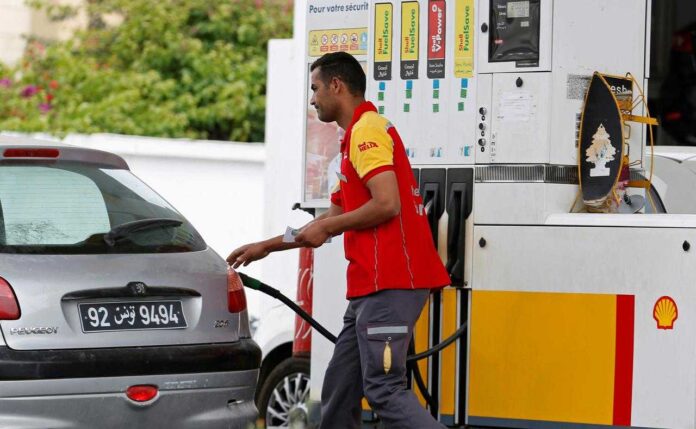By Chris Ndibe
The Nigerian National Petroleum Corporation (NNPC) has started the activation of Compressed Natural Gas (CNG) refill stations for motorists across the country.
The corporation disclosed this in a statement by the Group General Manager Public Affairs Division, Dr Kennie Obateru, in Abuja, on Sunday.
CNG (methane stored at high pressure) is a fuel that can be used in place of gasoline, diesel fuel and liquefied petroleum gas (LPG) and its combustion produces fewer undesirable gases than the aforementioned fuels.
The deregulation of the oil downstream had triggered increase in the price of Premium Motor Spirit (PMS)also known as petrol in the country.
The Minister of state Petroleum Resources chief Timipre Sylva had announce that the Federal government will in the next couple of weeks inaugurate CNG Plants in all NNPC petroleum station across the country.
This, he said would serve as alternative to petrol for motorists across the country.
Currently the pump price of petrol increased from N148 in August to N162 in September per litre.
He said the idea was to support the ongoing initiatives by the Ministry of Petroleum Resources Chief Timipre Sylva to provide alternate energy source to Nigerians.
He quoted the Group Managing Director of the Corporation, Malam Mele Kyari, as saying that the National Oil Company had already keyed into the gas penetration agenda as championed by Sylva.
Kyari noted that as an energy company with focus on cleaner and cheaper sources of fuel, the Corporation would continue to work with other stakeholders in the industry to provide viable alternatives to petrol.
This, he said would ultimately lead to reduction in demand for the product and eventual reduction in price.
He reiterated the commitment of the corporation towards openness and greater transparency in its operations.
Kyari said that in the months ahead NNPC would make public its 2019 Audited Financial Statements as a sequel to the 2018 AFS released in June.
On the state of the refineries, he said that the plants were deliberately shut down to allow for a robust diagnosis of the issues which have overtime made it impossible for the facilities to operate up to their name plate capacity.
He added that the shutdown also became inevitable due to difficulties in feeding them with crude oil via the pipelines that had been completely compromised by vandals.




